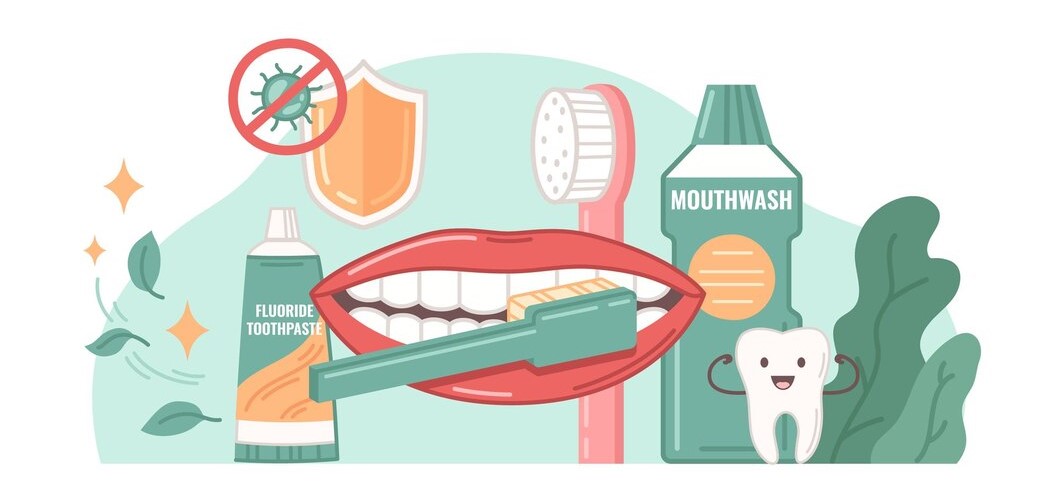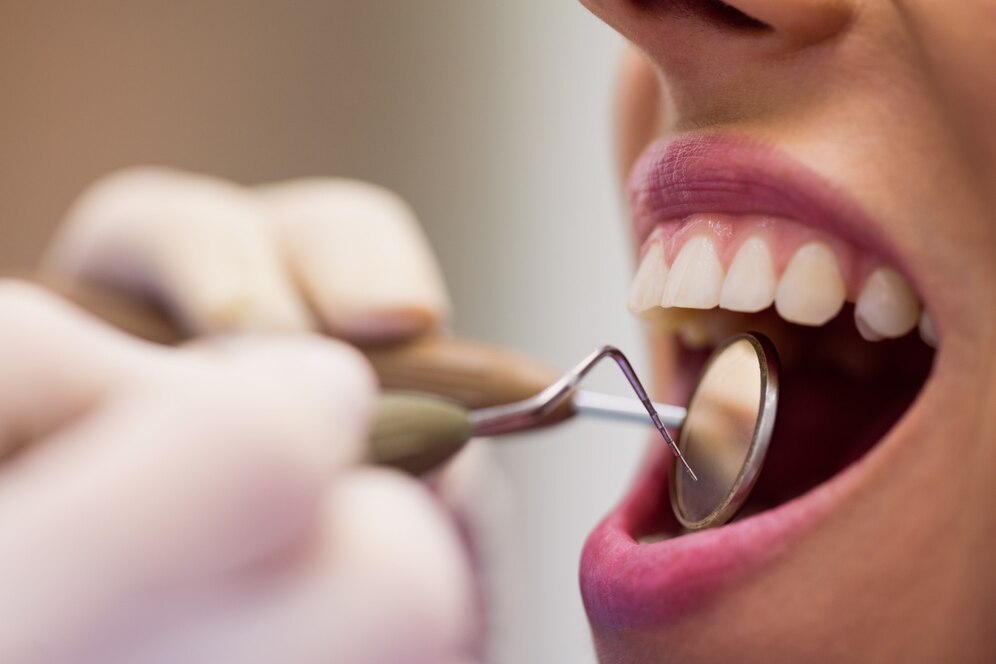There exist subtle signals that your teeth might be sending. Signals that demand attention beyond your daily dental regimen. Signals that demand a dental checkup.
In this exploration, we unravel the mysteries behind these signals, serving as your guide to understanding when your teeth are calling for a professional touch. Read on and take a proactive step towards preserving the health of your teeth and gums.
Sign 1: Persistent Tooth Pain or Sensitivity
Persistent tooth pain could be indicative of various dental conditions, ranging from cavities and infections to more serious concerns such as abscesses or fractures.
It can stem from factors such as exposed dentin, worn enamel, or even gum recession. Uncovering the specific cause is crucial in determining the appropriate course of action. Whether it’s triggered by acidic foods, temperature changes, or other stimuli, identifying the source of sensitivity lays the foundation for targeted and effective treatment.
Ignoring persistent tooth pain may lead to increased discomfort and, more importantly, the progression of dental issues that could have been effectively addressed with timely care.
Schedule your dental checkup to pinpoint the source and receive targeted treatment.
Sign 2: Bleeding Gums Dental Checkup
Bleeding gums often result from vigorous brushing, improper flossing techniques, or using a toothbrush with hard bristles can lead to gum irritation and subsequent bleeding. Additionally, hormonal changes, such as those during pregnancy or menopause, can contribute to increased gum sensitivity.
While occasional bleeding may be attributed to factors like aggressive oral hygiene, persistent or recurring instances could signal a more serious concern – gum disease.
Gingivitis, the early stage of gum disease, is characterized by inflammation of the gums, leading to bleeding during brushing or flossing. If left untreated, gingivitis can progress to periodontitis, a more severe form of gum disease resulting in irreversible damage to the gums and supporting structures.
A dental checkup is essential to assess your gum health and prevent irreversible damage.
Sign 3: Persistent Bad Breath Dental Checkup
Bad breath is often a symptom rather than a standalone issue. Understanding its connection to oral health involves recognizing that the mouth is a complex ecosystem of bacteria. When these bacteria break down food particles, they produce sulfur compounds, leading to an unpleasant odor.
Poor oral hygiene can create an environment conducive to bacterial growth, exacerbating the problem. Additionally, factors like dry mouth, certain medications, and specific dietary choices can contribute to halitosis. However, it’s crucial to recognize that persistent bad breath may also be a symptom of more significant issues such as gum disease, cavities, or even systemic conditions.
Rule out more significant issues and ensure optimal health—get yourself a dental checkup.
Sign 4: Changes in Tooth Appearance
Changes in the color, shape, or alignment of your teeth may indicate underlying dental issues that require attention.
Color Changes: Discoloration, whether it’s yellowing, graying, or the appearance of spots, could signify issues such as enamel erosion, cavities, or even systemic problems.
Shape Alterations: Noticeable changes in the shape of your teeth may be attributed to various factors, including wear and tear, teeth grinding, or even structural problems. It could point to the presence of cavities and decay.
Alignment Issues: If you observe shifts in the alignment of your teeth, it could be indicative of underlying problems with your bite or jaw.
If left untreated, it can lead to increased sensitivity, susceptibility to cavities, difficulty chewing, and even long-term structural problems.
A dental checkup allows for early detection and intervention to prevent increased sensitivity, susceptibility to cavities, and long-term structural problems.
Sign 5: Jaw Pain or Clicking Dental Checkup
The temporomandibular joint (TMJ), which connects your jaw to the skull, plays a crucial role in everyday activities like talking, chewing, and even yawning. When this joint experiences stress or dysfunction, it often manifests as jaw pain.
Teeth grinding, scientifically known as bruxism, is a common culprit behind jaw pain and clicking. This can lead to the wearing down of teeth and place undue stress on the TMJ. It can extend to headaches, facial pain, and exacerbate jaw-related issues.
A dental checkup with a general dentist can diagnose the issue and provide tailored interventions, such as custom-fitted night guards to alleviate the effects of teeth grinding or recommend orthodontic solutions to correct misalignments.

These signs collectively underscore the critical importance of proactive dental care. Waiting until a dental issue becomes severe is akin to letting a small ember turn into a blazing fire. A regular dental checkup serves as a preventive measure, allowing early detection and intervention before problems escalate.
Remember, your general dentist is not just there for emergencies; they are your partners in preventive care, helping you maintain optimal oral health throughout your life. So, heed the signals and schedule your dental checkup at Inner West Dental Clinic. Invest in a future where your smile radiates health and confidence.

